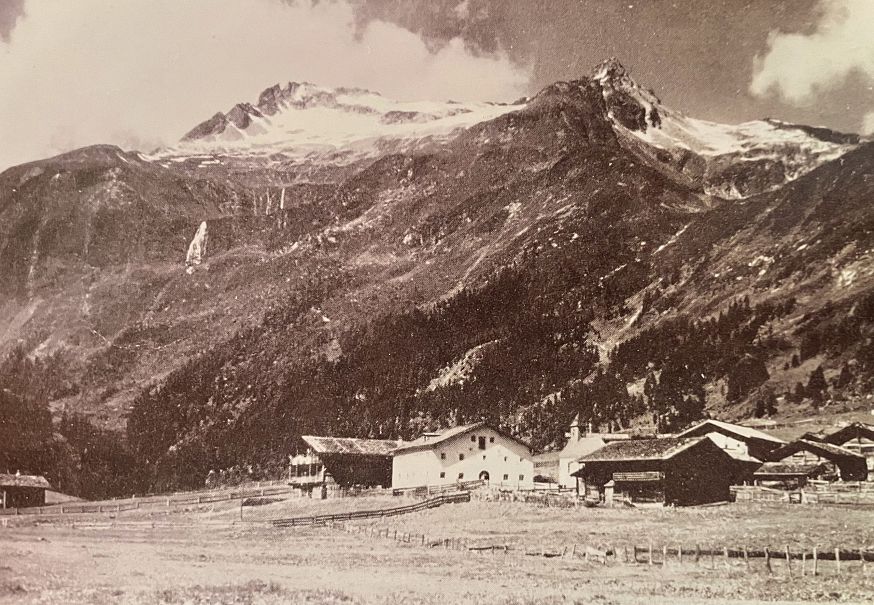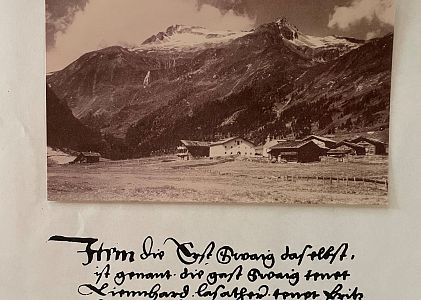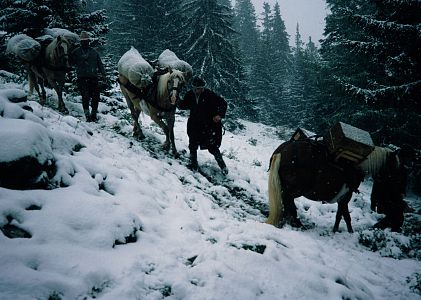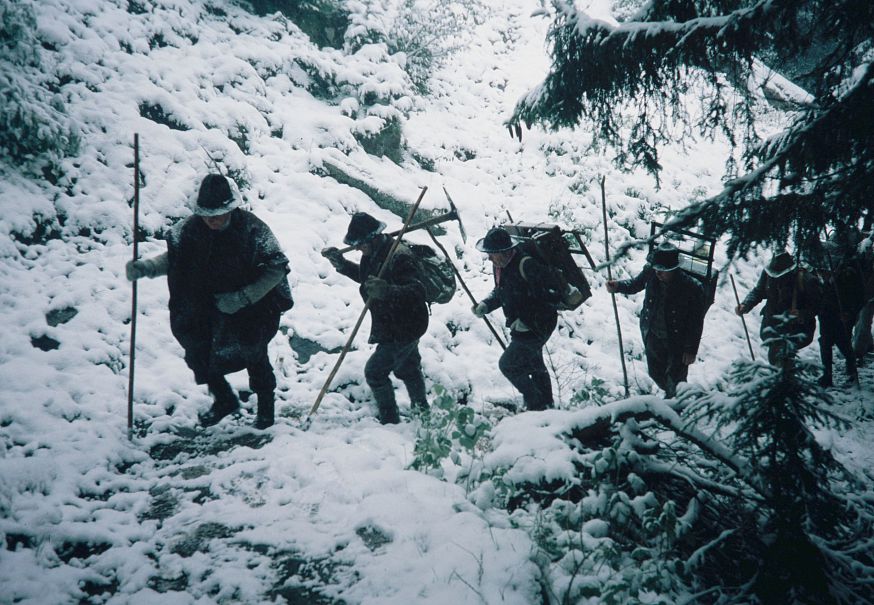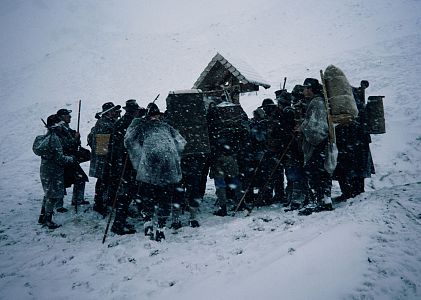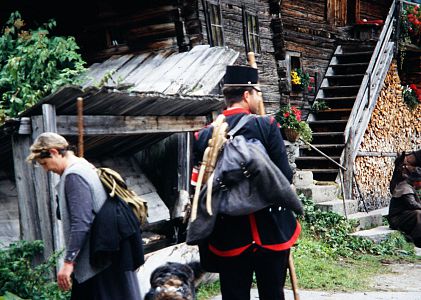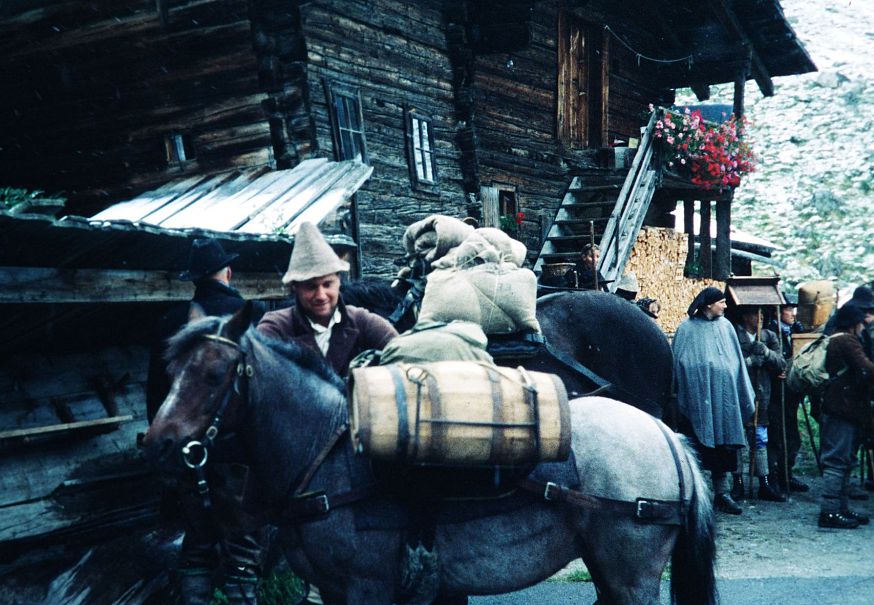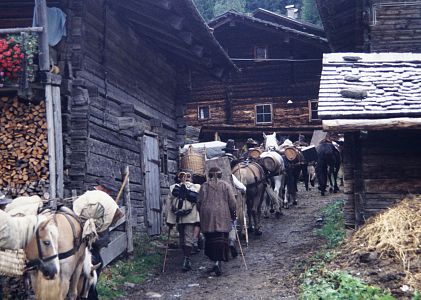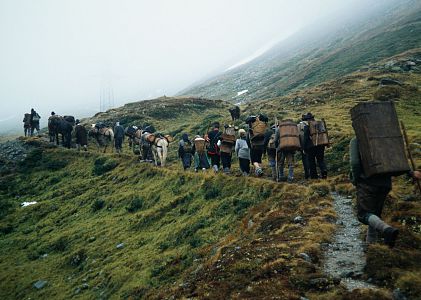We are hosts with deep conviction and a certain sense of humor. We define the silence of the mountain as a valuable asset and nature has tought us that being modest does not rule out a demanding attitude. Focused on what nature gives us. Reduced to what is good for us all.
“For us, the Tauernhaus stands for mindfulness, individuality, relaxation, health and closeness to nature. Environmental awareness and sustainability are very important to us. That is why our house has been operated exclusively with organic electricity from our own hydropower plant for over 80 years and is heated with organic wood chips. "
For them and their children Jacob and Hannah Brugger, beeing a host is a matter of the heart.
The name Brugger stands - then as now - for tradition, zeitgeist and innovation.
"To ensure that it stays that way, we as hosts are there for you every day from morning to night."
This is us
Our life is inextricably linked with the East Tyrolean mountain landscape.
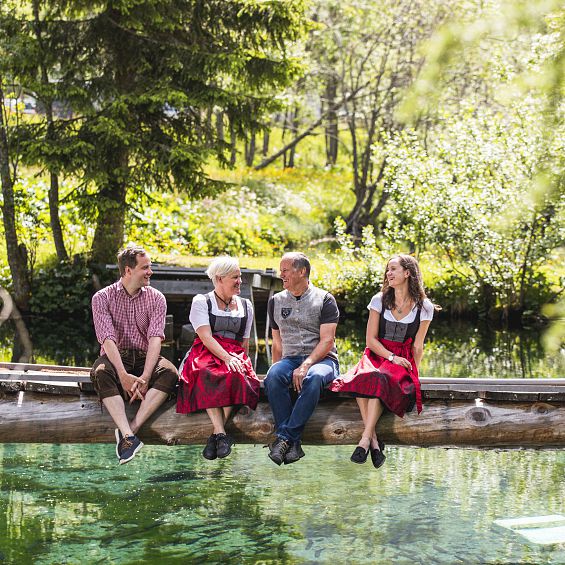
The Brugger´s
The history of the Matreier Tauernhaus goes back to the year 1207. It has always been an important base on the Felbertauern and since then hospitality has been a top priority here.
For centuries, traders and locals walked or rode “over the Tauer” to Pinzgau in Salzburg. The purpose of the Tauernhause´s was, to shorten the duration of their journey and to avoid long routes without any possibility of refuge.
In 1929 the house was bought by the (great) grandparents, Genoveva and Paul Brugger. They set the first milestone for the name Brugger in the Tauernhause´s story. For decades, the Tauernhaus was operated with attached agriculture.
Andreas and Anneli Brugger have been welcoming guests in a familiar and authentic atmosphere since 2001.
We don't tell a story - we have one
In more than 800 years of Matreier Tauernhaus there has been many emotional moments and incisive people. You will come across this story at every turn in the house. It is a respectful token of our hospitality.
1207 - Count Heinrich, the last of the Counts of Lechsgemünd sold his rights in today's East Tyrol to the Archbishop of Salzburg. Basis for the Matreier Tauernhaus, because the Archbishop of Salzburg was interested in the mule trade over the Felbertauern for economic reasons, as he benefited from the toll that was levied. The purpose of the Tauernhause´s was, to shorten the duration of their journey and to avoid long routes without any possibility of refuge. The Matreier "Tauernwirt" (host) received commissions from the Archbishop for keeping the mule track across the Felbertauern open and for feeding the mules, which was first paid out in kind and later in money. Between 1300 and 1550 trade flourished in the Felbertauern. Salt, the white gold, was the most important trade good over the Felbertauern to Venice. In addition to salt they also traded metal, hides, wool, loden, leather, linen and smoked meat to the south and on their way back towards Salzburg the mules traded wine, blankets, carpets from the Defereggen valley, spices, oil and tobacco. But the mule days are long gone, only the Bauernstube (parlor) in the Tauernhaus is a reminder of the past. In honor of St. Bartholomew (August 24th), to whom the Tauernhaus chapel is dedicated, the Tauernhauskirchtag (festivity) always takes place on the following Sunday.
Since 1929 the Tauernhaus is owned by the Brugger family.
If you would like to learn more about the history of our house, we are happy to answer all your questions.


